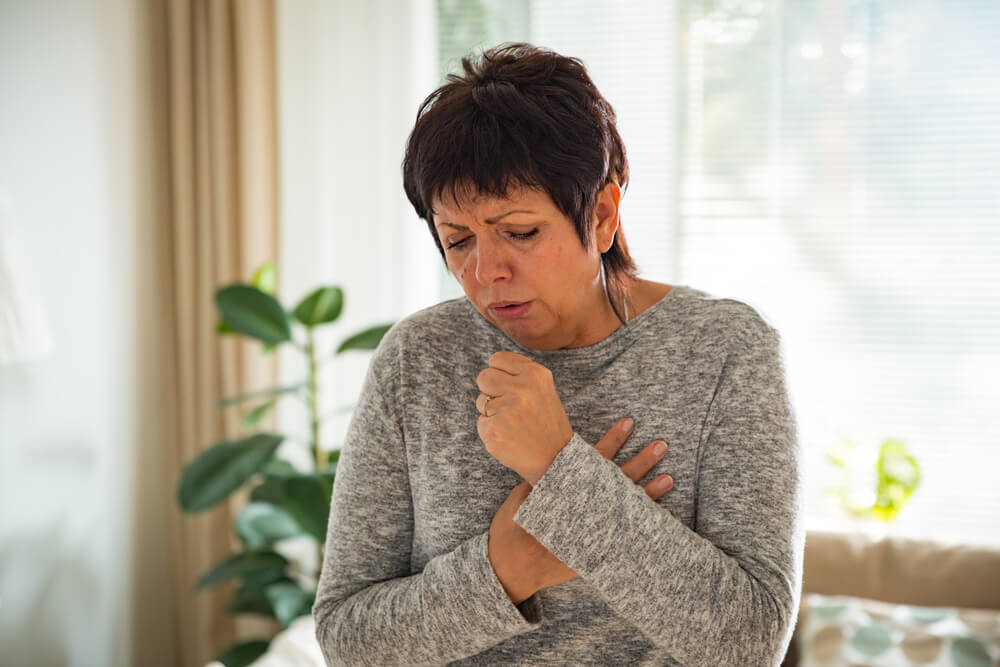Here's a brief guide to answer health-related questions for those who are currently worried about the Covid-19 pandemic. Coronavirus: How to Recognize the Early Symptoms The spread of the coronavirus has been extremely rapid, starting with its onset in December 2019 in Wuhan, China . We know that, in some ways, the symptoms of the new coronavirus closely resemble those of the common cold and seasonal flu : cough, muscle aches, and difficulty breathing. Essentially, the coronavirus family includes infectious agents capable of causing a variety of diseases, from the common cold to more serious complications, such as Middle East respiratory syndrome ( MERS ) and severe acute respiratory syndrome ( SARS ).
What are the symptoms of a person infected with Coronavirus?
The most common symptoms:
- Fever;
- Dry, tickly cough, without phlegm
- Dyspnea (shortness of breath, shortness of breath)

Other fairly common symptoms:
- Fatigue and Muscle Soreness (Myalgia)
- General feeling of malaise
- Runny nose and nasal congestion
- Sore throat
Less common symptoms:
- Gastrointestinal disorders, including:
-
- Diarrhea
- Nausea and/or vomiting
- Heachache
- Easy fatigue
- Chills
- Arthralgia
- Coughing up blood
- Conjunctival congestion
How long is the incubation period?
The time between infection and the development of the first clinical symptoms is usually estimated to be between 2 and 11 days , up to a maximum of 14 days . On average, about 5-6 days after actual infection.
Are you asymptomatic at first?
In the very early stages of the disease, symptoms are quite mild and the virus progresses slowly. In fact, there have been some unusual cases in which the infected individual develops no symptoms at all; consider patient one in Codogno, infected by a person returning from China. The majority of those infected—around 80%—recover from the disease without requiring special treatment. Approximately 1 in 6 people with COVID-19 becomes seriously ill and develops breathing difficulties. Let's always remember that prevention is better than cure. Avoid crowded places and carry hand sanitizer and a mask just in case. When returning from a public place, it's good practice to wash your hands thoroughly with soap and water.
You may also like
The High Rent Dilemma for Italian Students: Challenges and Solutions
The issue of high rent prices in Italy presents a daunting challenge for university students, limiting their access to suitable living accommodations. This article explores the multifaceted causes of this problem, examines its impacts on students, and proposes a variety of solutions to alleviate the financial burden on students, including governmental initiatives, university housing projects, and community-based approaches.
Decorating Your Home Without Waste: Practical Tips for the Living Room and Bedroom
Decorating your home can be an expensive undertaking, but with the right tools, you can create welcoming and functional spaces without breaking the bank. In this article, we explore practical tips for decorating your living room and bedroom while saving money, with an eye on design and quality.
The Best Sun Loungers of 2025
Exploring the most popular sun loungers of 2025, this article delves into the technical features, pros and cons, pricing, and innovative highlights, providing a detailed comparison to help consumers make an informed decision.
Air Fryers: A Kitchen Revolution or Just a Passing Fad?
Air fryers are gaining popularity as a healthy and versatile cooking tool. But do they really live up to expectations or simply a passing fad? This article explores the technology, benefits, limitations, and expert opinions on these appliances.
